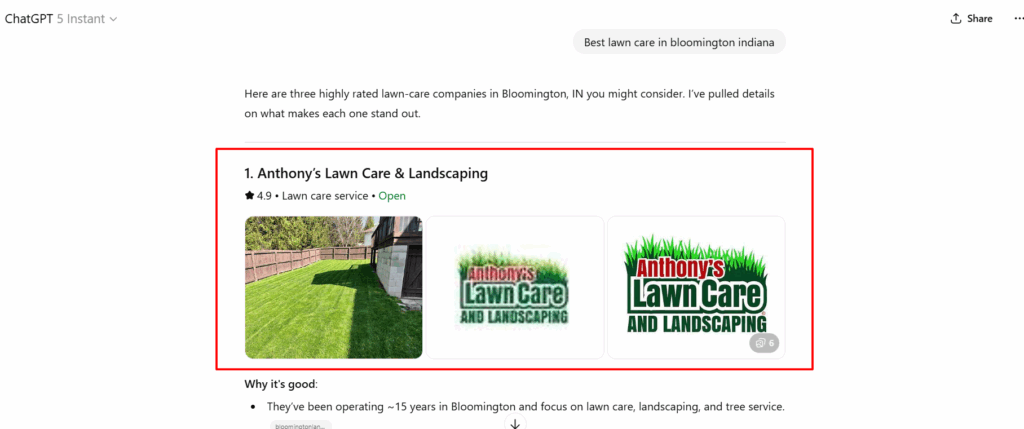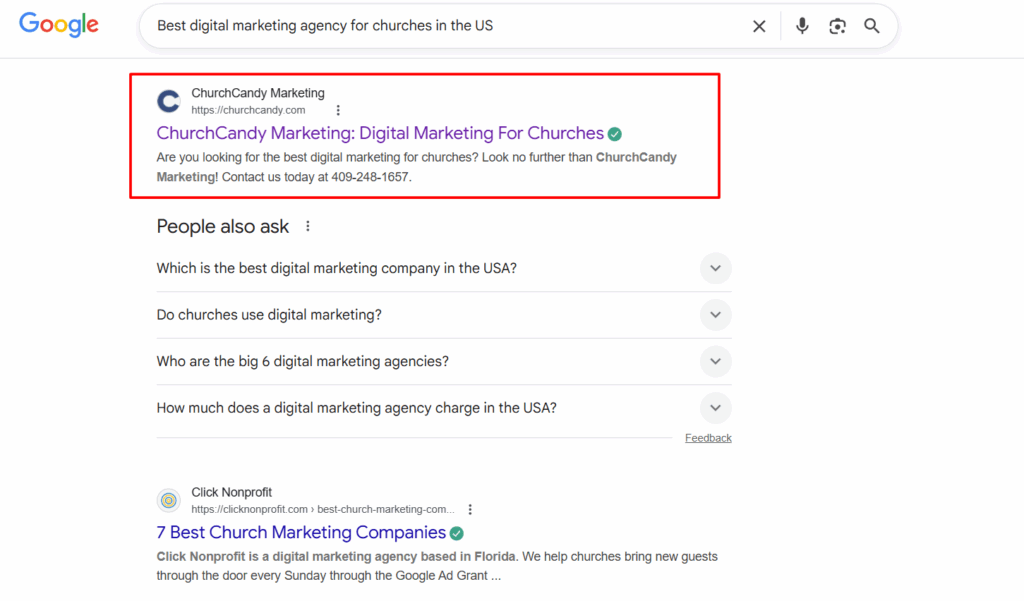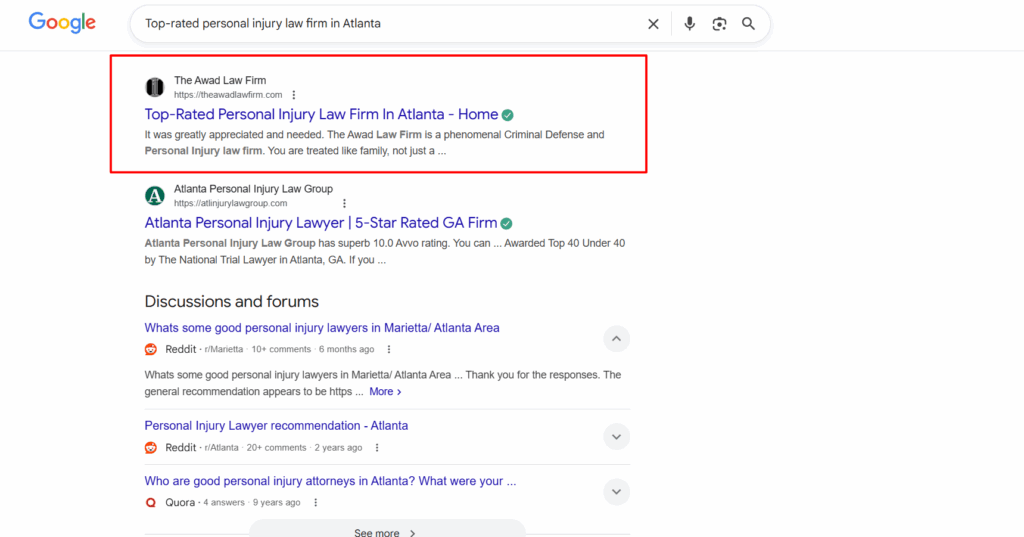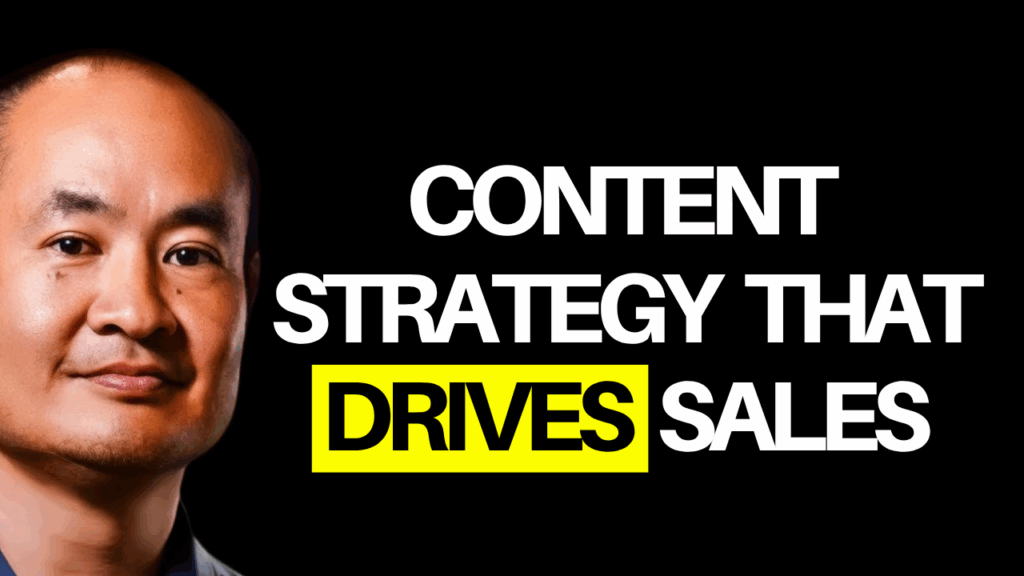Common Mistakes People Make in Content Processing
AI SEO is a joke for local businesses and not because AI is bad, but because people misunderstand how it actually works.
If you’re a plumber, roofer, or landscaper, no one’s finding you by asking ChatGPT who the “best local business” is. ChatGPT just regurgitates what’s already visible online: your Google listings, your reviews, and your social proof.




Here’s the truth: AI doesn’t make bad content good. It amplifies what’s already there.
Garbage in, garbage out.
Most content fails before it ever hits publish, not because of weak gear or sloppy captions, but because the person behind the screen doesn’t know why the content exists. They just start cutting clips, slapping on captions, and praying for a viral miracle.
That’s the #1 VA mistake:
Working on content without understanding the brand’s GCT: Goals, Content, and Targeting.

When you don’t know why a video matters, what it’s meant to communicate, or who it’s for, you’re not editing, you’re vandalizing it with good intentions.
This guide is your safety manual: the seven biggest mistakes we see in content processing and how to fix them. Miss one, and you’ll keep polishing videos that look great but do nothing. Nail them, and you’ll start producing content that actually drives calls, leads, and sales.
The 7 Most Common Mistakes in Content Processing
1. Ignoring the Core Message
Jumping into edits before understanding the point creates pretty, meaningless videos.
Fix: Write down the one-sentence message before editing. If you can’t explain it clearly, don’t hit play. Every piece of content should serve a measurable goal tied to GCT.
2. Weak or Missing Hook
The first 5-15 seconds decide whether people stay or scroll.
Fix: Start with the moment that makes you stop scrolling. No intro fluff. No “Hey guys.” The hook is your handshake, make it strong.
3. Generic Targeting
If your content is for everyone, it’s for no one.
Fix: Match tone, captions, and pacing to your real audience.
A contractor podcast should sound blue-collar, not corporate. Talk to real people in their language, not to an algorithm.
4. Sloppy Visual Standards
Mismatched fonts, awkward crops, and cluttered graphics scream “lazy.”
Fix: Follow your brand style guide like a pilot follows a pre-flight checklist. Every visual builds or erodes trust. Consistency equals credibility.
5. Overpowering Background Music
When your beat drowns out the voice, you’ve sabotaged yourself.
Fix: Keep background music subtle (around -25 dB).
Voice around -6 dB, with light sidechain compression. The message always wins over the music.
6. Typos and Caption Errors
Misspelled names or wrong titles destroy credibility instantly.
Fix: Run captions through GPT proofreading, then manually check all names and quotes.
Machines fix grammar, humans protect reputation.
7. Skipping the QA Checklist
Every recurring mistake traces back to someone skipping the process.
Fix: Use the Content Factory QA checklist every time. It exists because we’ve already paid the price for not doing it.
Why Most VAs Struggle (and What to Do Instead)
Most VAs think technical skill equals value.
You can be the best editor on earth, but if you don’t understand GCT, you’ll never produce results.
Let’s break it down:
- Goals: What is this content supposed to achieve? (Leads? Awareness? Authority?)
- Content: What story or message communicates that goal?
- Targeting: Who is this for, and what tone and platform fit them best?
Without these, your edits are random, disconnected from the mission.
Editing without GCT is like walking into Apple HQ and asking, “What’s an iPhone?”
Here’s what separates pros from amateurs:
— They build topic wheels, not calendars.
Each piece of content ties back to key topics and relationships, reinforcing authority.
— They test before scaling.
Using the Dollar a Day strategy, they amplify what already performs, not what “feels good.”
— They measure outcomes, not likes.
Through digital plumbing, they connect impressions to leads and revenue.
— They repurpose with precision.
Evergreen content becomes shorts, articles, snippets, multiplying results without multiplying effort.
You don’t need more content.
You need content that deserves to live forever.
Required Checklists
One-Minute Videos
- Names spelled correctly.
- 1080×1080 or 1080×1920 format.
- Captions ≤ 3 lines, centered, filler words trimmed.
- No intro bumper.
- Lower thirds (5s duration, bottom corner).
- Copyright-free music, subtle volume.
Long-Form Podcasts
- Hook first (≤15s), then bumper.
- Color-grade and normalize audio.
- Remove filler chatter.
- Lower thirds for guests.
- Reset attention every 10s with b-roll or overlays.
- Natural CTA.
- SEO title, description, thumbnail.
YouTube or Landing Page Videos
- Format: 1920×1080.
- Hook → OBB → Main content.
- Strict brand colors and typography.
- Proofread captions.
- Clean transitions.
- CTA at the end.

